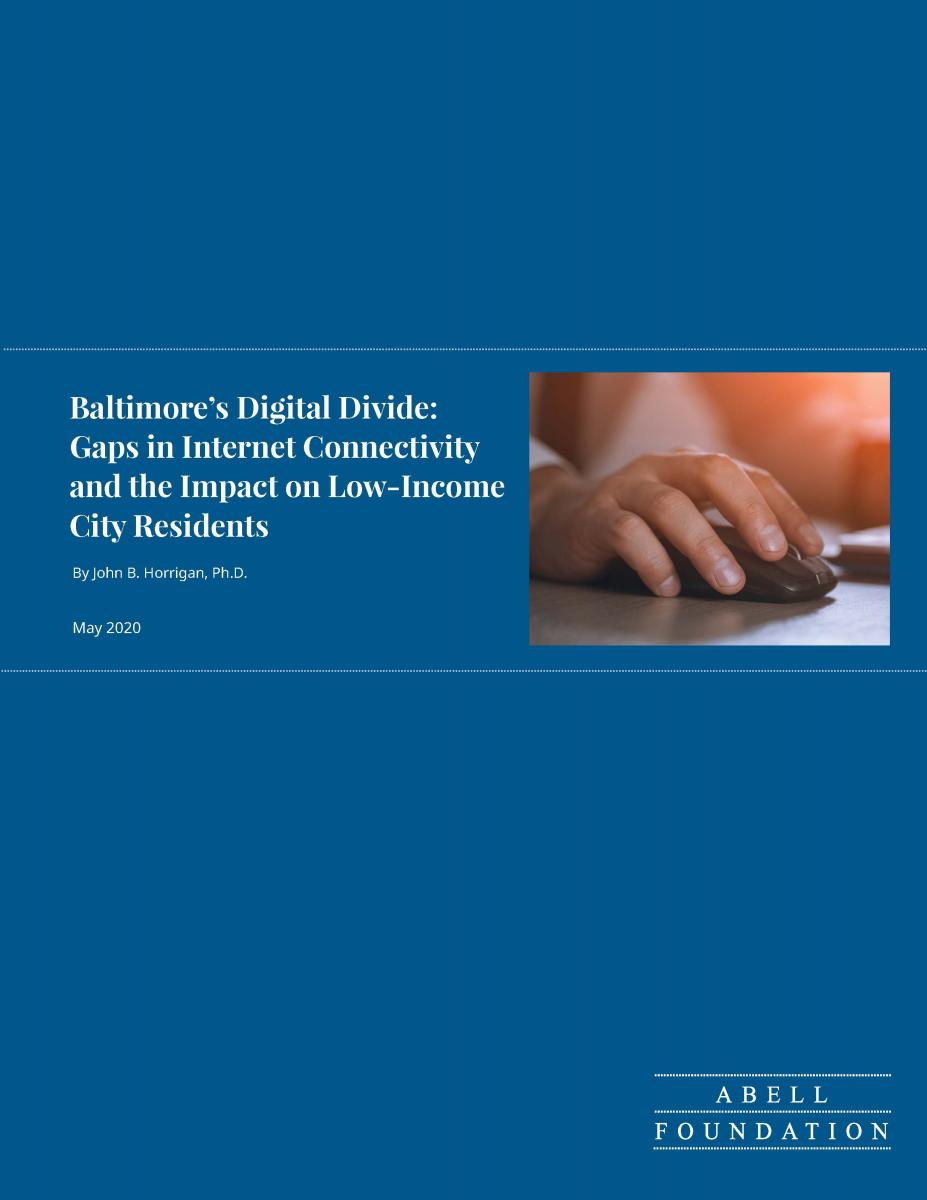The global pandemic undeniably established in the public mind that robust, affordable broadband service is part of our critical public infrastructure and an essential tool for our daily lives—as necessary as reliable electricity and clean water. Join Maryland Philanthropy Network to learn about the various aspects of the digital divide and the prospects for addressing it in Maryland and, particularly, in Baltimore City and Baltimore County. We’ll learn about the role of the new Office of Statewide Broadband; possibilities of building out broadband infrastructure and digital navigators; and gaps in public funding/possible investment opportunities for philanthropy.
Technology has become an increasingly important tool for older adults and people with disabilities to stay connected to each other and to the goods, services, and supports they need to stay healthy and thrive. Please join Maryland Philanthropy Network’s Affinity on Aging and our distinguished speakers as we learn ways to bridge the “digital divide” and ensure everyone has access to affordable high-speed internet, devices, and skills allowing them to safely access meaningful content and online tools to meet their needs.
Please join Maryland Philanthropy Network for this first in a series of conversations about how inequities in digital access are impacting our communities during the pandemic and what can be done to address immediate needs. This first conversation will provide an overview on the situation in Baltimore.
This site visit has been postponed. Please contact Elisabeth Hyleck if you are interested in visiting on another date.
Click here to view and download the full report.
A new analysis of American Community Survey (ACS) data shows that large numbers of Baltimore households lack two essential tools for getting online: wireline broadband service at home and computer...
FIND MORE BY:
In 2023, the Annie E.
Today, the Scott Administration announced the departure of Broadband and Digital Equity Director Jason Hardebeck, effective immediately.
As challenges continue amidst the repercussions of the pandemic, the results of Sage Intacct's third annual Nonprofit Technology Trends survey showed tremendous resiliency and creativity in the nonprofit sector.
The Baltimore Digital Equity Coalition’s 2021 Annual Report highlights the progress they made in 2021. Some of that progress is easy to see, such as the number of issues resolved from callers to the BDEC Tech Support Hotline — Baltimore’s first-ever tech support hotline. Their progress also serves as a reminder of what is still left to do.
BDEC was launched in 2020 amidst the Covid-19 pandemic with the resolve to close the digital divide in Baltimore City. That remains their focus today, and we will work collaboratively to do so through four main goals:
- Access to Devices;
- Greater Internet Connectivity;
- Digital Skills Training and Technical Support; and
- Advocacy.
Think about a city’s digital future, and the conversation has typically turned to technical topics — internet of things, sensors, automated functions.

